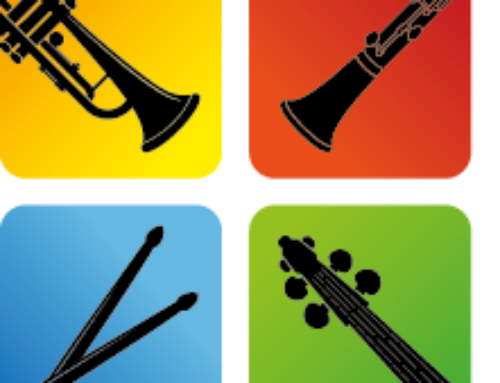Code of Conduct – Orchestras and Bands
Rehearsals
- Use the resources on the website to help you prepare for rehearsals.
- Look after your general well-being to remain able to attend as many rehearsals as possible.
- Wherever possible, inform the conductor in advance if you are unable to attend a rehearsal.
- If you are unable to play your instrument but are feeling well, please still attend the rehearsal. Much can be learnt from being in the rehearsal and listening, even if you are not taking an active part.
- Please arrive in a timely manner so that you are ready to rehearse by the time the rehearsal begins.
- Ensure that you are equipped with your instrument, all necessary music in an organised folder, a pencil and water to drink.
- Experienced members are encouraged to help less experienced members to navigate the music and support them through the rehearsal.
- Strive to participate fully throughout all parts of the rehearsals.
- A musical ensemble requires a delicate balance between parts so follow the musical directions from the conductor for this to be achieved.
- If you are unsure of anything and require further guidance or support, please do ask your conductor at an appropriate time.
- Ensure that your membership fees are paid and that you have made use of the online resources available to all members.
- Most importantly, strive for excellence and have fun!
Performances
- There will be multiple and varied performance opportunities throughout the year. You are encouraged to participate in as many as possible as every member is an invaluable cog in the machine.
- Be punctual and prepared with your instrument and all necessary music organised in the correct order.
- Wear the correct dress code (this will be communicated to you with plenty of advance notice).
- You are a representative of the organisation and your conduct will reflect this.
- Be at your best and perform with all your heart and soul.
Behaviour
- Everyone is expected to be the best they can be.
- All members are encouraged to be positive role models to other members through a cheerful outlook and positive behaviours.
- Everyone is entitled to be treated with dignity and respect and those values should be always reciprocated.
- Please be sensitive and considerate to others when making remarks in person or on social media platforms.
- There is no place for harassment or bullying of any kind and members should avoid any actions that could be deemed to be such.
Miscellaneous
- Try to immerse yourself in the community aspects of the ensemble, including engaging with social media, chat groups and attending in-person, social events. The ensemble is much more than just a weekly rehearsal, it can be an important lifeline to many people.
- Encourage others to sign up to the ensemble as numbers make a significant impact on every aspect of the experience.
- If in doubt, ask someone. Do not ever think that your questions or concerns are not important.
Disputes
- If you have a dispute with another member of your ensemble then please try to, in the first instance, resolve it directly with them. If that fails, then speak to your conductor who will attempt to mediate between you and/or attempt to resolve the dispute directly.
- If you have a grievance with the administrative side of the organisation, then please discuss it with your conductor who will take steps to try to resolve it on your behalf. Only if this step has proved ineffective should you contact the admin staff directly.
- Please approach all disputes and grievances with calmness, patience and respect as the organisation is, in many instances, run by staff and volunteers who are not there to be verbally abused.
What Members Should Expect From Their Conductor
- Manage the ensemble as required, including using Spond and social media platforms.
- Choose and prepare repertoire (as required) that suits the style and ability of the ensemble.
- Arrive to rehearsals in good time and fully prepared.
- Be professional and courteous in rehearsals and at events.
- Respect the needs of members and support them as necessary.
- Engage as fully as possible with the group, both during rehearsals and socially, as required.
- Give clear instructions and gestures when conducting repertoire and offer support (or alternative suggestions) to those who are struggling to follow.
- Enable everyone in the ensemble to have the best experience possible.
- Strive to make the ensemble as excellent and unique as it can be.





